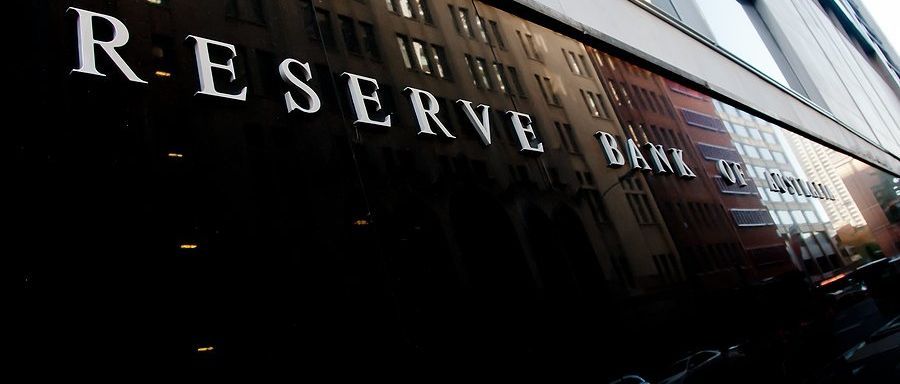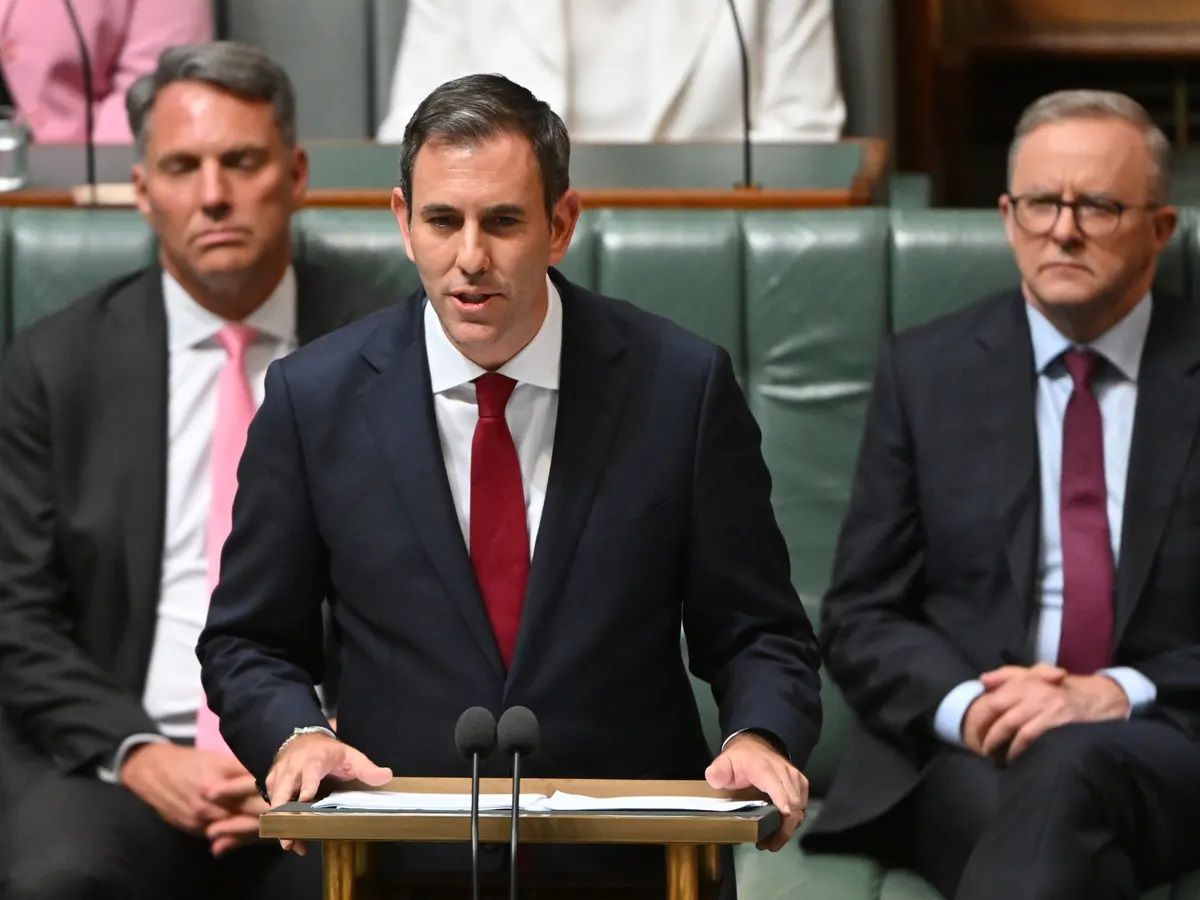Who owns the assets of a trust?
It's not uncommon for people to put assets such as their family home into a trust, particularly professionals working in litigious fields or family groups wanting to protect assets. A recent case highlights some of the tax problems that can occur.
The taxpayer in this case had become the owner of their main residence as a result of a Family Court order. At that time, they caused the property to be held in the name of a trust (with a corporate trustee of which the taxpayer was a director).
Four years later when the property was sold, the taxpayer sought to access the main residence exemption to exempt the property from capital gains tax (CGT). Afterall, it was their main residence. However, the ATO saw it a different way. Instead, they saw the proceeds of the sale of the property as a distribution from the trust to the beneficiary. Therefore, the main residence exemption could not apply as it generally only applies to an individual taxpayer.
The ATO has previously indicated that the main residence exemption can apply in situations where a property is held in trust but the individual living in the dwelling is "absolutely entitled" to the property as against the trustee.
The taxpayer argued that the property was not an asset of the trust but was held by the trustee in a different capacity (effectively as a bare trustee) and that the taxpayer was absolutely entitled to the asset – citing the terms of the Family Court order as evidence.
However, the Federal Court agreed with the ATO.
The decision relied heavily on the evidence surrounding the transfer of the property to the trustee. While the Family Court orders allowed the property to be transferred to the taxpayer or a nominee, rather than specifically providing that the taxpayer was to have ownership of the property, there was not enough evidence to prove that the property was held under a bare trust arrangement and that the taxpayer was an absolutely entitled beneficiary.
Working against the taxpayer was the evidence that suggested that the property was a trust asset. The taxpayer had agreed to the transfer, had signed financial statements that identified the property as a trust asset, the proceeds from the sale were accounted for as an asset of the trust, and there was a valid resolution by the trustees distributing the net capital gain to the taxpayer.
In effect, without explicit documentation stating that the property was held on bare trust for the taxpayer at the time of the transfer, it did not matter that all the parties involved thought things were structured differently. The case also shows how important it is for everyone to understand the implications of what is presented in the financial records. The actions of the taxpayer in this case when they signed off the accounts was a factor that led to the Court to determine that the property was an asset of the trust.







